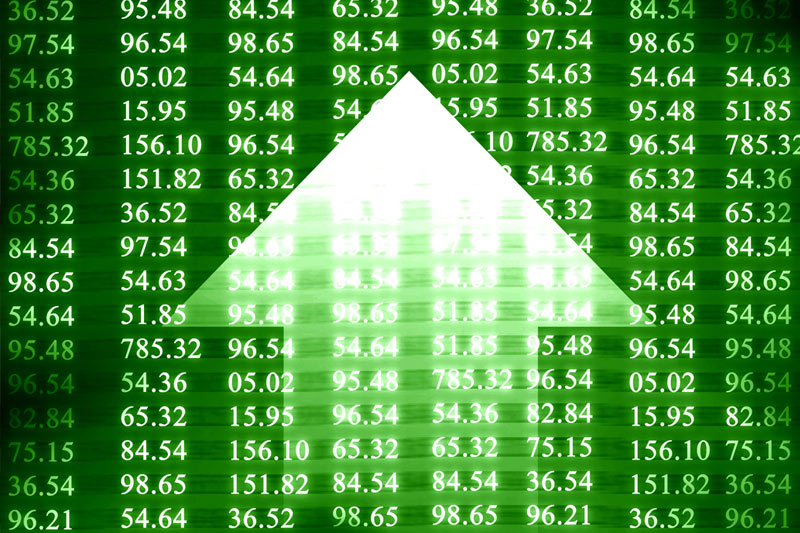Investing.com - German economic sentiment improved unexpectedly in April, rising for the fifth consecutive month and hitting a two-year high, industry data showed on Tuesday.
In a report, the ZEW Centre for Economic Research said that its index of German economic sentiment improved by 1.1 points to 23.4 in April from March’s reading of 22.3. Analysts had expected the index to decline by 2.3 points to 20.0 in April.
That’s the fifth straight gain and the highest reading since June 2010.
The Current Situation index rose to 40.7 in April, up from 37.6 in March and defying expectations for a decrease to 35.0.
On the index, a level above 0.0 indicates optimism, a level below 0.0 indicates pessimism.
The report added that the financial market experts surveyed by ZEW in general expect a further positive development of the German economy during the next six months.
Meanwhile, economic sentiment in the euro zone rose by 2.1 points in April to 13.1 from a reading of 11.0 in March. Economists had expected euro zone economic sentiment to ease down 0.3 points to 10.7.
However, the indicator for the current economic situation in the euro zone decreased by 0.6 points and now stands at minus 49.0 points.
Commenting on the report, ZEW President Wolfgang Franz said, “The financial market experts maintain their positive outlook for the following six months.”
“However, the sideward movement of the index in April shows that economic optimism suffers from considerable risks such as the economic slowdown of important trading partners, the rise of prices for crude materials and the sovereign debt crisis in the euro zone," Mr. Franz added.
Following the release of the data, the euro remained added to gains against the U.S. dollar, with EUR/USD rising 0.15% to trade at 1.3161.
Meanwhile, European stock markets held on to broad gains. The EURO STOXX 50 rallied 1.6%, France’s CAC 40 jumped 1.25%, Germany's DAX rose 1.2%, while London’s FTSE 100 added 0.85%.
In a report, the ZEW Centre for Economic Research said that its index of German economic sentiment improved by 1.1 points to 23.4 in April from March’s reading of 22.3. Analysts had expected the index to decline by 2.3 points to 20.0 in April.
That’s the fifth straight gain and the highest reading since June 2010.
The Current Situation index rose to 40.7 in April, up from 37.6 in March and defying expectations for a decrease to 35.0.
On the index, a level above 0.0 indicates optimism, a level below 0.0 indicates pessimism.
The report added that the financial market experts surveyed by ZEW in general expect a further positive development of the German economy during the next six months.
Meanwhile, economic sentiment in the euro zone rose by 2.1 points in April to 13.1 from a reading of 11.0 in March. Economists had expected euro zone economic sentiment to ease down 0.3 points to 10.7.
However, the indicator for the current economic situation in the euro zone decreased by 0.6 points and now stands at minus 49.0 points.
Commenting on the report, ZEW President Wolfgang Franz said, “The financial market experts maintain their positive outlook for the following six months.”
“However, the sideward movement of the index in April shows that economic optimism suffers from considerable risks such as the economic slowdown of important trading partners, the rise of prices for crude materials and the sovereign debt crisis in the euro zone," Mr. Franz added.
Following the release of the data, the euro remained added to gains against the U.S. dollar, with EUR/USD rising 0.15% to trade at 1.3161.
Meanwhile, European stock markets held on to broad gains. The EURO STOXX 50 rallied 1.6%, France’s CAC 40 jumped 1.25%, Germany's DAX rose 1.2%, while London’s FTSE 100 added 0.85%.
